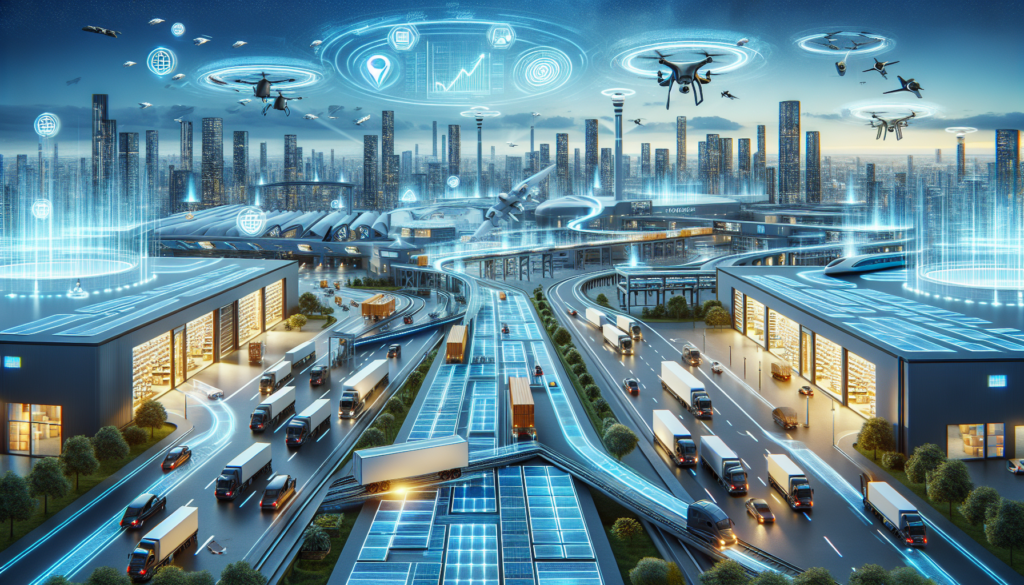One of the most notable ways technology is transforming e-commerce logistics is through the use of automation. From automated warehouses to robotic picking and packing systems, businesses are leveraging technology to streamline their operations and increase productivity. This not only allows for faster order fulfillment but also helps reduce errors and minimize costs.
In addition to automation, artificial intelligence (AI) and machine learning are also making a big impact on e-commerce logistics. These technologies are being used to optimize inventory management, predict demand, and even personalize the customer experience. By analyzing large sets of data, AI can help businesses make more informed decisions and improve overall efficiency.
Another key trend in e-commerce logistics is the rise of blockchain technology. Blockchain is being used to enhance transparency and traceability in the supply chain, allowing businesses and consumers to track the journey of products from manufacturer to delivery. This not only helps build trust and credibility but also reduces the risk of counterfeit goods entering the market.
Furthermore, the Internet of Things (IoT) is playing a crucial role in e-commerce logistics by connecting devices and enabling real-time tracking and monitoring of shipments. This level of visibility allows businesses to better manage their inventory, optimize routes, and provide customers with accurate delivery estimates. It also helps in identifying potential issues and addressing them before they escalate.
As e-commerce continues to grow, so does the need for efficient and reliable logistics solutions. By harnessing the power of technology, businesses can stay ahead of the competition and meet the evolving demands of customers. From same-day delivery to sustainable packaging, the possibilities are endless when it comes to leveraging technology in e-commerce logistics.
In conclusion, technology is driving a revolution in e-commerce logistics, enabling businesses to operate more efficiently and effectively. By embracing automation, AI, blockchain, and IoT, companies can streamline their operations, enhance transparency, and deliver a seamless customer experience. As we look towards 2023 and beyond, it’s clear that technology will continue to shape the future of e-commerce logistics in exciting ways.
FAQs:
Q: How can technology help improve order fulfillment in e-commerce logistics?
A: Technology such as automation and AI can help businesses speed up order processing, reduce errors, and optimize inventory management, leading to faster and more efficient order fulfillment.
Q: What are some of the benefits of using blockchain in the supply chain?
A: Blockchain technology can enhance transparency, traceability, and security in the supply chain, helping businesses build trust with customers, prevent counterfeit products, and improve overall reliability.
Q: How can IoT technology improve visibility in e-commerce logistics?
A: IoT devices can provide real-time tracking and monitoring of shipments, allowing businesses to better manage their inventory, optimize routes, and offer customers accurate delivery estimates.
For more information on e-commerce logistics and how Fulfillment Hub USA can help your business, visit https://fulfillmenthubusa.com.
